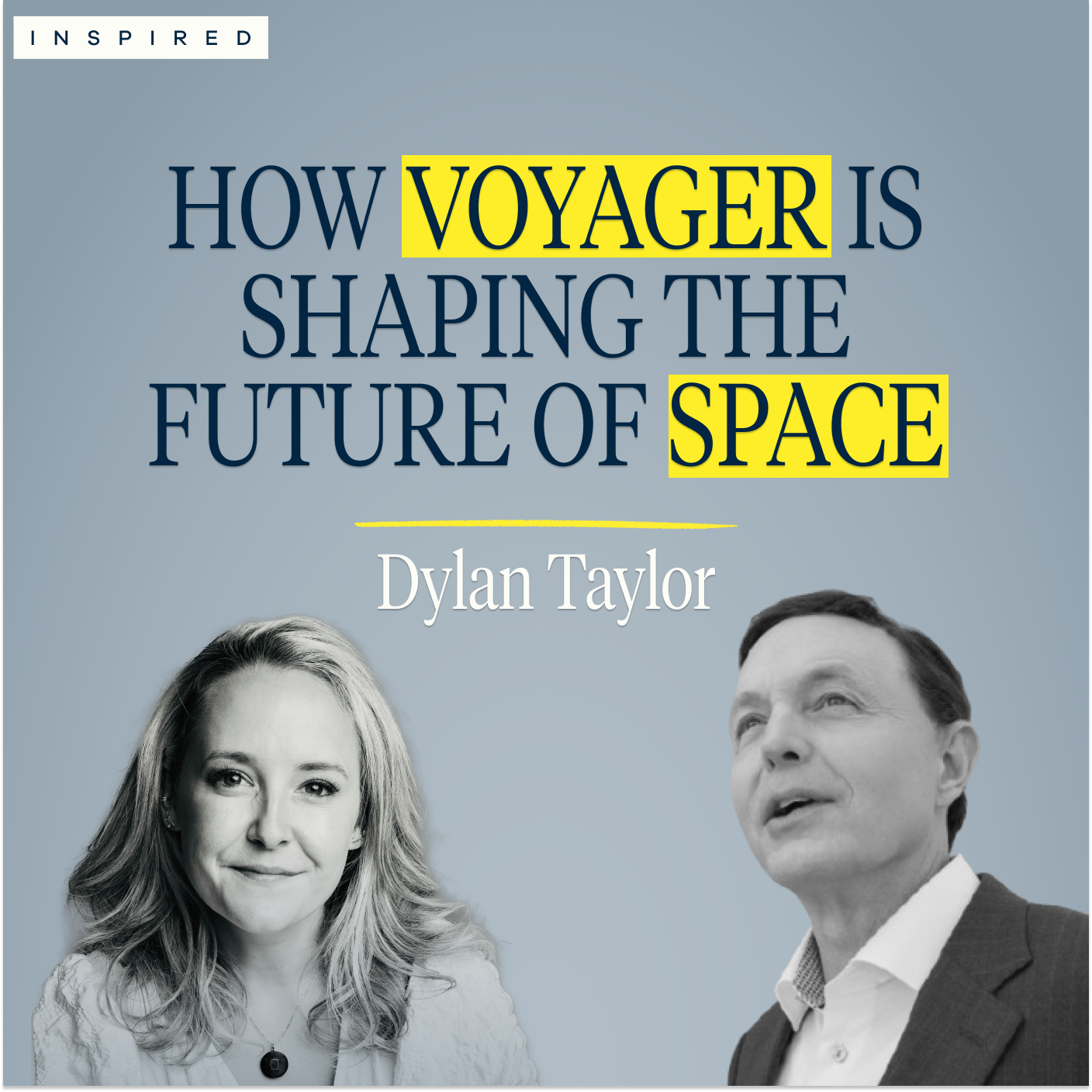

This article was originally published with Fast Company.
A few months ago, President Biden announced his plans to decline the democratic nomination for the 2024 presidential election. Regardless of your political views, he made a decision that went against his own interests for the greater good of the country. That, at its core, is leadership. He closed his announcement with a message that resonates deeply: “I believe today what I always have: that there is nothing America can't do—when we do it together. We just have to remember we are the United States of America.”
As a venture investor and founder of Inspired Capital, I spend much of my time contemplating the strength of someone's leadership. I consider several key factors: Are they inspiring enough to attract the talent and funding needed to bring their vision to life? Do they have the stamina to sustain their efforts for the next decade (and beyond)? Will they provide steady leadership during inevitable periods of turbulence? Can they grow each year and 10x themselves and their teams?
What resonates most from President Biden’s remarks is his emphasis on collective action: “when we do it together.” I often say that one of the toughest aspects of being a CEO is that many of your actions are completely thankless—it’s your job to make decisions with your team and business at the forefront. Leading an organization means making hard decisions, often behind the scenes and without applause. CEOs are constantly solving problems others never knew existed, even though those issues might keep them up for weeks on end. The weight of leadership often means making difficult decisions that won't please everyone. A CEO’s role is not to seek approval or accolades; it’s to prioritize the broader organization and its people.
From my experience as both a founder and investor, I’ve come to most admire leaders who inspire those around them to become the best versions of themselves—to not take no for an answer. Having conducted 200+ interviews with the most successful business leaders of our generation, one quality consistently rises above the rest, the ability to operate with such high integrity and intensity that it inspires their teams to do the same. Let’s dive into some real-world examples of transformational leadership in action.
Founder Mode
We’ve all seen the internet abuzz with the concept of Founder Mode or Manager Mode. Ordinary, everyday business moves at an ordinary, everyday pace. Digging into every detail of your business and refusing to accept 'no' isn’t micromanaging; it’s a manifestation of a deep conviction to realize your vision—and to do so as quickly and efficiently as possible. We need these founders on this planet—they see what is impossible and make it possible. That said, they must have that elusive x-factor, the capacity to inspire and persuade their teams not only to commit to the journey but also to genuinely believe in the company's potential to succeed.
Understand Where Luck Fits In
I recently spoke with Andrew Lacy, Founder & CEO of Prenuvo. He’s a repeat entrepreneur with extensive experience taking transformative products from conception to scale. His first business, Tapulous, played a significant role in shaping the iPhone app ecosystem and was later acquired by The Walt Disney Company. But despite his success, he realized there were risks to taking another swing. “The danger I manifested in having my first company be successful is I convinced myself that a lot of that success had to do with me and [believing that] other extraneous factors like choosing the right market or the right moment or just plain luck was not relevant.”
Success naturally breeds confidence, as it should. But to be a strong leader, you must balance that confidence with humility and paranoia. In doing so, that’s how you stay grounded, alert to your blind spots, and receptive to the collective value of supportive teams. You always play a role in defining the success of your work—but you do not always have complete control.
Foster a Culture of Trust
Trust is an invaluable, yet fragile commodity. Once broken, it is incredibly difficult to restore. Cultivating and maintaining a culture of trust relies on a sturdy foundation of mutual respect and transparency between leadership and their teams. Scott Farquhar, Co-Founder of Atlassian, which adopted a remote-forever model during the pandemic, emphasizes that in-person gatherings shouldn’t be purely for productivity. Instead, Atlassian brings employees together to foster trust and nurture social bonds. As Scott explained on my podcast, "We deliberately invest in intentional togetherness. When you're together, we expect you to go to dinner, we expect you to do philanthropy—we don't expect you to do work." Anyone who has experienced a winning team knows the powerful feeling of being in sync, of operating as one. That kind of synergy—the communal flow state—can only be cultivated by spending time together and building strong, trusting relationships.
In the end, great leadership is built on trust, unwavering conviction, and the courage to make tough decisions with a focus on the future and long-term value. Whether you're a founder, CEO, or a leader of any kind, your legacy will be built on how well you inspire others to rise to the occasion, to innovate, and to believe in the collective power of your team.
More Content
Press

Supper Raises $11M Seed Round to Deliver an AI-Native Data Platform that Makes Data Access Effortless, Fast, and Reliable
Press

Supper Raises $11M Seed Round to Deliver an AI-Native Data Platform that Makes Data Access Effortless, Fast, and Reliable
Press

.png)

